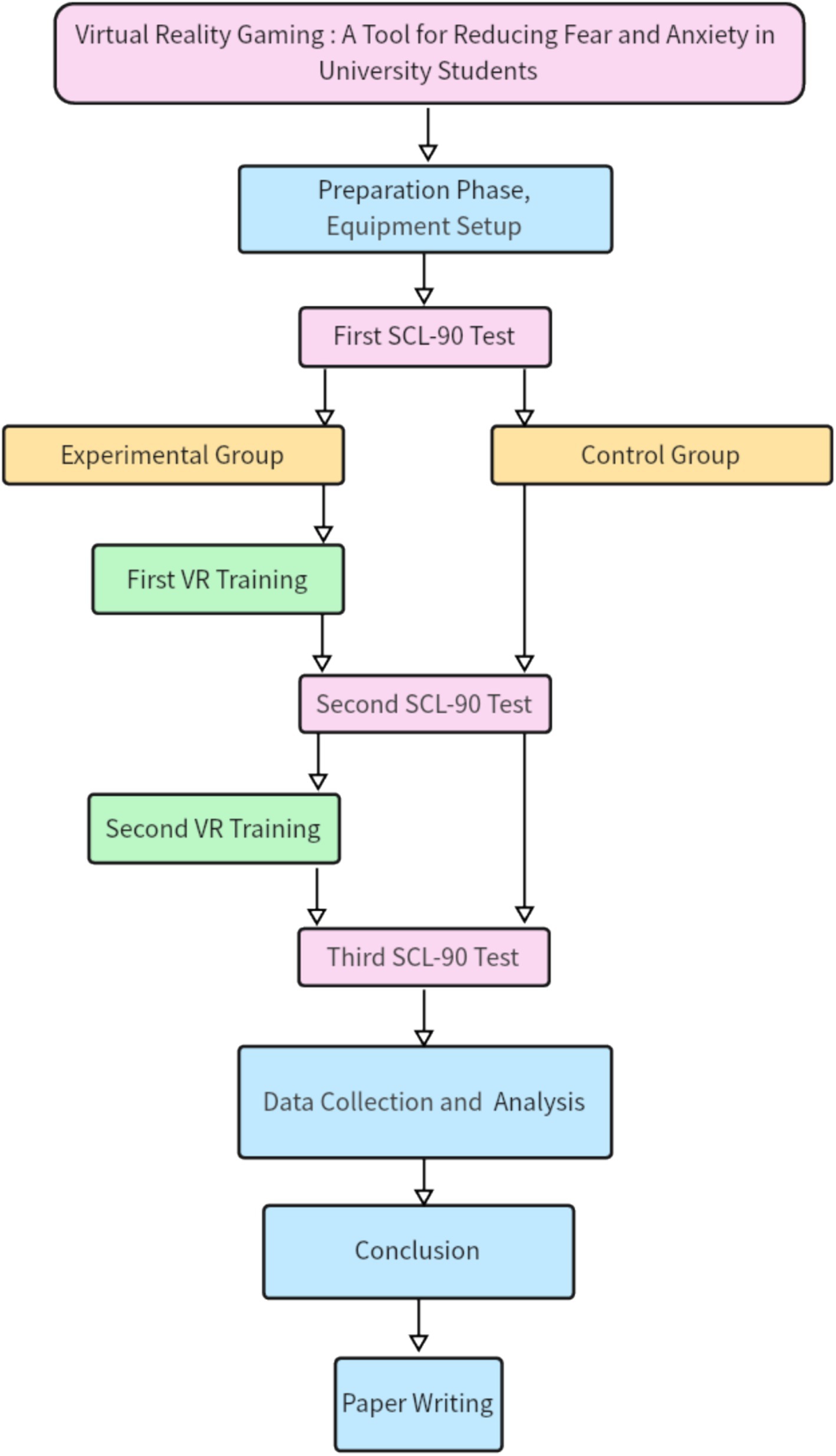
What occurs when expressing oneself feels akin to entering a perilous situation? A recent investigation conducted by Arizona State University and the University of Michigan indicates that remaining silent can evolve into a rational strategy for survival, instead of simply stemming from fear. Featured in the Proceedings of the National Academy of Sciences, the study explores how individuals determine whether to express opposition or engage in self-censorship in the face of impending punishment.
The research, spearheaded by ASU computer scientists Stephanie Forrest and Joshua J. Daymude alongside political scientist Robert Axelrod, provides a unique, quantitative insight into the intricate balance between bravery and caution that influences public discourse under duress. Through simulations, they demonstrated how societies gravitate towards silence as monitoring and repercussions escalate, even in the absence of direct coercion.
The Science Behind Silence
In their article, “Strategic Analysis of Dissent and Self-Censorship,” the researchers formulated a mathematical model illustrating how individuals adjust to risk and how authorities modify enforcement to diminish dissent and associated costs. Daymude notes that contemporary control mechanisms are profoundly linked to these dynamics.
“Current technologies, from facial recognition to algorithm-driven content moderation, have altered the realm of dissent,” Daymude remarked. “Our objective was to transcend intuition and provide a systematic method to comprehend when and how self-censorship arises.”
The model indicated that self-censorship emerges not only from fear but also through logical assessment. When punitive measures are broad and arbitrary, silence proliferates rapidly. Conversely, when penalties increase with the gravity or frequency of infractions, minor acts of dissent may linger. The researchers noted that once extensive silence is established, reversing it can be exceptionally challenging.
When Fear Shapes the Future
The simulations unveiled a chilling trend: regimes that initially implemented leniency often transformed into more stringent control frameworks, echoing historical instances such as Mao Zedong’s “Hundred Flowers Campaign.” Over time, surveillance intensified, tolerance diminished, and self-censorship amplified until dissent nearly vanished. Nevertheless, groups with higher “boldness” scores (those prepared to face repercussions) were significantly more resilient against suppression.
“A community’s readiness to articulate concerns early on, and endure negative repercussions, significantly influences how quickly an authority can stifle all opposition,” Forrest explained. “This is due to the prohibitive cost of punishing an entire population at once.”
By integrating computer science, political theory, and behavioral modeling, the researchers shed light on how individual psychology intertwines with systemic control. Forrest and Daymude, both associated with ASU’s Biodesign Center for Biocomputing, Security, and Society, contend that grasping this feedback loop is essential for safeguarding free speech in today’s digital landscape.
The research acts as both a cautionary tale and a roadmap: that silence is not simply the lack of speech but a type of social coordination influenced by power dynamics and perception. It stresses the significance of collective bravery, particularly as contemporary technology obscures the line between public and private expression.
Proceedings of the National Academy of Sciences: 10.1073/pnas.2508028122
If our reporting has educated or motivated you, please consider contributing. Every donation, regardless of size, enables us to keep providing accurate, engaging, and trustworthy science and medical news. Independent journalism needs time, effort, and resources—your assistance guarantees we can continue revealing the stories that matter most to you.
Join us in making knowledge accessible and impactful. Thank you for your support!